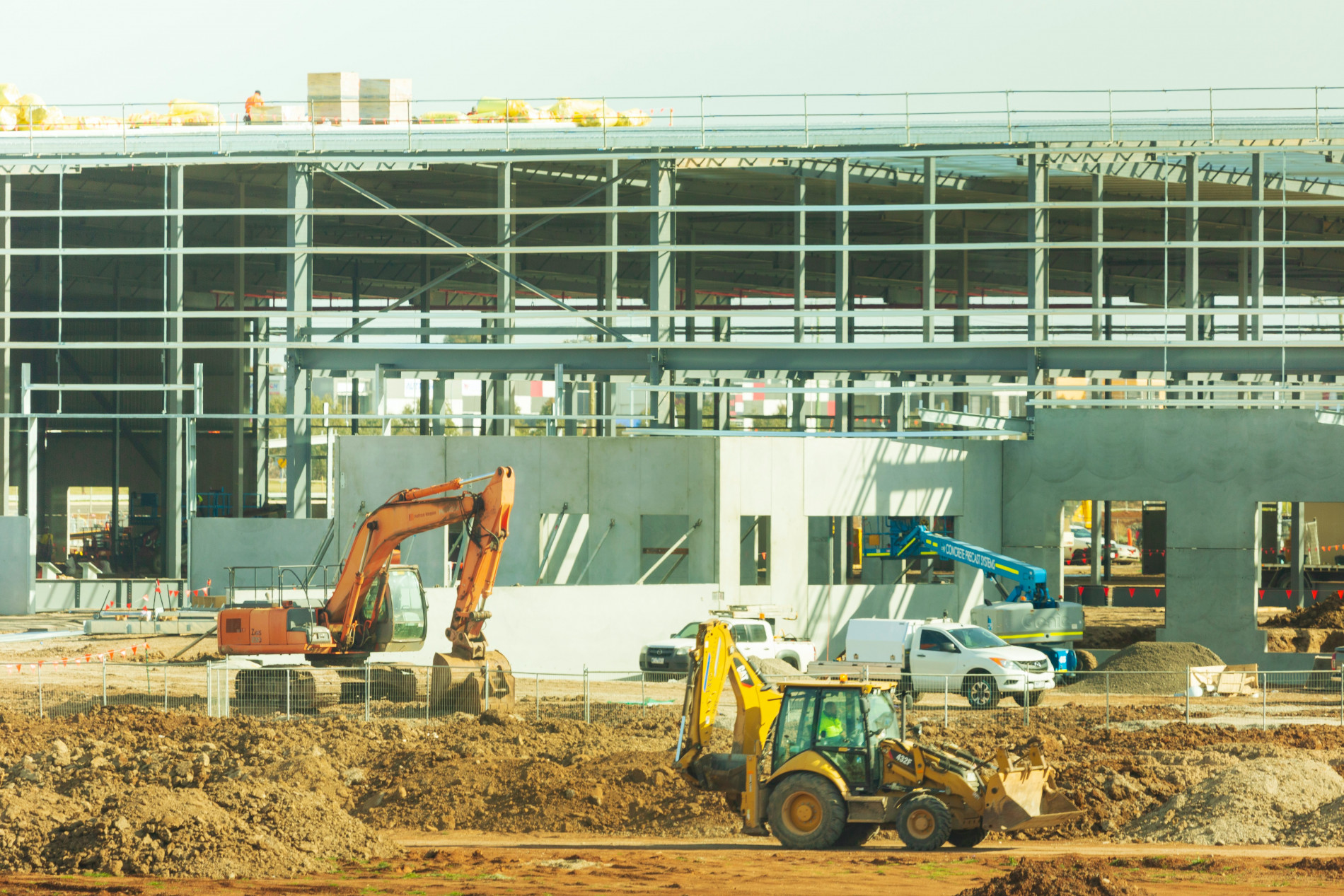Travel restrictions, tight immigration and a high demand for jobs: Is Australia and the Pacific in a pre-GFC 2.0?
The disparity between the supply and demand of qualified, skilled professionals in Australia and the pacific has created a tightened recruitment market which many industries are comparing to a pre-global financial crisis.
Hard closures on international travel and fluctuating state border closures are seeing serious implications for the country’s project delivery and economic recovery.
Research conducted by the Department of Education, Skills and Employment found a significant shortage in construction and infrastructure skill clusters. So, how are each of our markets being affected?
Australia
With a drastic change in the labour force, infrastructure, engineering and mining sectors are being hit hard, with border closures leaving them high and dry for qualified skilled workers. This has only been exacerbated from recent snap lockdowns where governments have ordered a halt of operations, costing billions across the country.
Last month, Australia’s skill shortage was reported to push wages up, as more than a quarter of businesses can’t find the right talent. This is something which we are already witnessing, with salary counter offers and hourly rates being driven up. Additionally, businesses are operating at less than full capacity, putting pressure on existing staff.
The country has seen a massive injection of landmark infrastructure projects with the following states reporting in their 2021-21 Annual reports, respectively:
- As at 30 June 2020, Queensland’s project pipeline was carrying $16 billion of coordinated projects with a large portion of these jobs within Queensland’s landmark transport projects such as Cross River Rail, Brisbane Metro and the Gold Coast’s G:Link Light Rail.
- New South Wales reported a huge $72.2 billion infrastructure investment program to deliver road and rail projects over four years in response to job creation and economic recovery amongst priorities.
- Western Australia reported an allocated $6.5 billion for transport infrastructure projects in 2020.
- The Victorian Budget 2020-21 reported significant funding for landmark infrastructure projects including the Suburban Rail Loop, Geelong Fast Rail, Murray Basin Rail Project, Dandenong Corridor, and the construction of 100 new trams, among others.
- At 30 June 2020, the Northern Territories Department of reported $708.6 million on infrastructure programs.
Not to mention the Inland Rail project which will stretch throughout the country and transform interstate freight travel, and is said to create more than 21,500 jobs and $18 billion to GDP during construction in the first 50 years of operation.
So how will these projects be successfully delivered in this prolonged pandemic climate?
Many companies are taking a multi-faceted approach to the skills shortage by looking at their internal talent pool of employee skills. Many companies are doubling down on training and learning and development to support existing team members, where as previously, they may have looked externally. This trend was recognised in the May Budget, as Prime Minister Scott Morrison pledged $1.2 billion to the industry, including a $100 million skills package.
This is integral for the infrastructure, mining and construction industries as whilst being essential, the work undertaken is safety-critical, and the responsibilities that any one individual undertakes can significantly impact on operations; it’s therefore vitally important to have the right skills in the right places.
PNG and Expat market
PNG continues to suffer a critical shortage of qualified workers with technical and vocational skills, with a low percentage of PNG’s workforce holding a vocational or technical certificate. Following Australia’s trend, many organisations in PNG have taken the approach of re-sizing and re-organising their workforces with much of the general sector recruitment coming from natural attrition. This was a proactive approach picked up by many organisations in preparation for the 2022 election.
Travel restrictions and limited flights between PNG and Australia for the expat market is hurting many workers. Chief Executive Warren Pearce, of the Association of Mining and Exploration Companies, said the border closures had caused serious interruptions for an industry reliant on moving people around the country.
Companies are relying on their smaller pools of local workforces, which is only creating havoc for staffing. Workers are being stretched in their hours, and rostering is becoming less flexible, putting stress on many families. Consequently, this is jeopardising companies? retention rates.
Low vaccine uptake rates pose an ongoing challenge for organisations in PNG. Many of these organisations however, are turning to innovative in-house solutions, developing internal awareness campaigns to better educate staff, allowing them to make informed decisions against a wave of infodemia.
Skills development will be essential to PNG’s economic recovery from the impacts of COVID-19. Continued access to education and skills is vital for livelihoods, human development and national advancement. Australia’s 45 million (PGK107 million) Technical and Vocational Education and Training (TVET) investment with The Australia Pacific Technical Coalition (APTC) is in its in its third stage to increase the number of skilled workers in the country. Additionally, there are progressive discussions with key projects such as the proposed Pasca A Gas Project which will generate a range of positive economic impacts at national, regional and local levels; providing a glimmer of hope for PNGs labour force and economy.
PNG is rich in culture and social diversity, and this diversity, when fused and endowed with sufficient skills capacity, will spur innovation, creativity and problem solving and consequently shift PNGs skill from the majority of informal labour, to formal markets.
